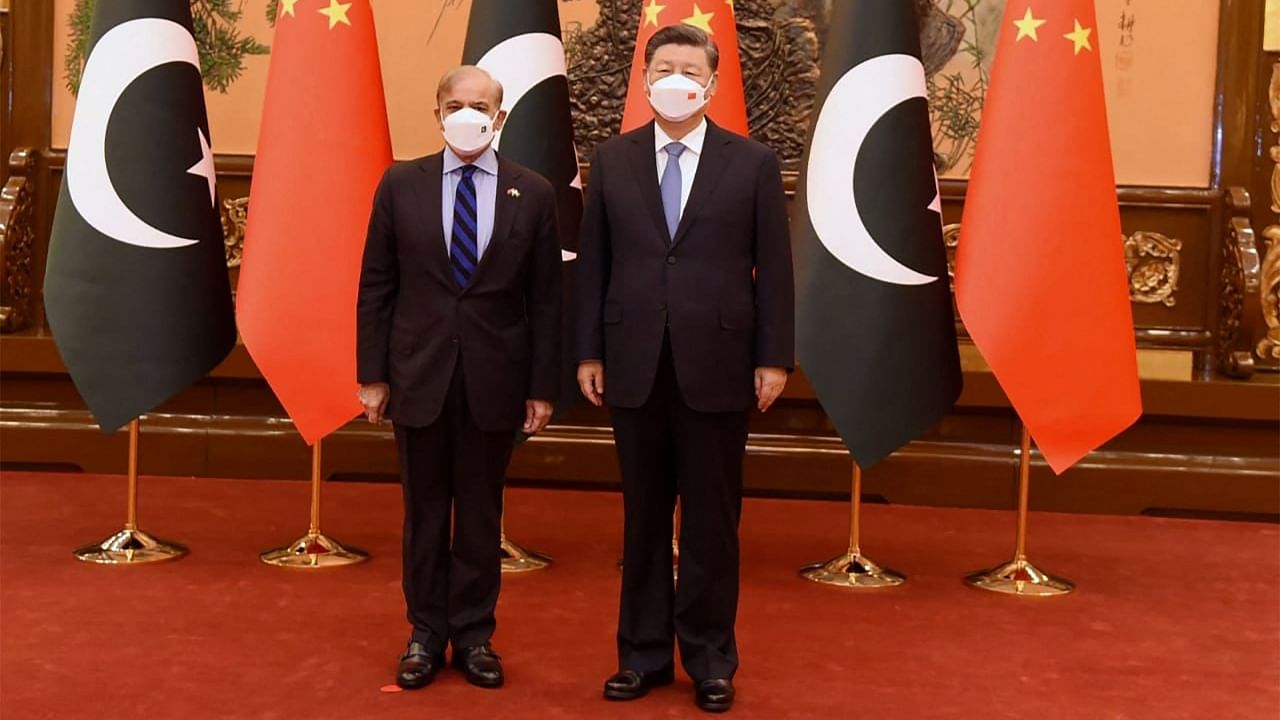
On the face of it, Pakistan Prime Minister Shehbaz Sharif’s visit to Beijing last week – he is the first head of government to meet President Xi Jinping after the latter secured a third term as General Secretary of the Chinese Communist Party late last month – was successful on several counts. As always, there was much effusive rhetoric about the Pakistan-China friendship at the summit. However, the two sides also reached important decisions that could boost the China-Pakistan Economic Corridor (CPEC). Foremost among these is the agreement to launch a long-pending high-speed rail project linking Peshawar to Karachi. The $9.8-billion ‘Main Line-1’ project has been stalled for over four years now. China’s recent nod to the implementation of a major project that Pakistan touts as a strategic one is a big step forward. Pakistan is said to have requested China to roll over its $6.3 billion debt that is due to mature in a few months. Xi promised Pakistan help in stabilising its financial situation. This will provide relief to debt-ridden Pakistan.
However, little is known of the terms of the support that the Chinese have promised. Regarding the ML-1 railway project, for instance, the Sharif government has not divulged details on where the funding would come from and the terms on which Pakistan will borrow. Among the issues that had delayed the project was the question of its cost. While the Pakistanis estimated the cost to be around $6.8 billion, the Chinese pegged it at $9.2-9.5 billion. Also, the Pakistanis wanted the loans on concessionary terms. It does seem that Islamabad has gone along with the Chinese estimate. So, while Beijing’s green signal to launch ML-I may boost CPEC and Pakistan’s infrastructure, it will come at a heavy cost. Xi’s promise to help Pakistan out of its financial crisis, therefore, rings hollow.
Sino-Pakistani counter-terrorism cooperation is reported to have grown remarkably in recent months, primarily to secure Chinese nationals and projects in Pakistan. This may have resulted in declining attacks on Chinese of late, but Baloch anger will continue to simmer if they continue to be excluded from CPEC’s benefits. Sharif has blamed his predecessor Imran Khan for project delays in recent months. But will his government do any better? The Chinese are hard bargainers and not likely to wait endlessly for Pakistan to get its act together on CPEC projects. They will retrieve losses incurred through project delays by tightening project terms, especially those relating to loans. And so, while China may help Pakistan keep its head above the water today, it’s only a matter of time before Islamabad finds itself sinking again, and with a heavier load tied to it next time.